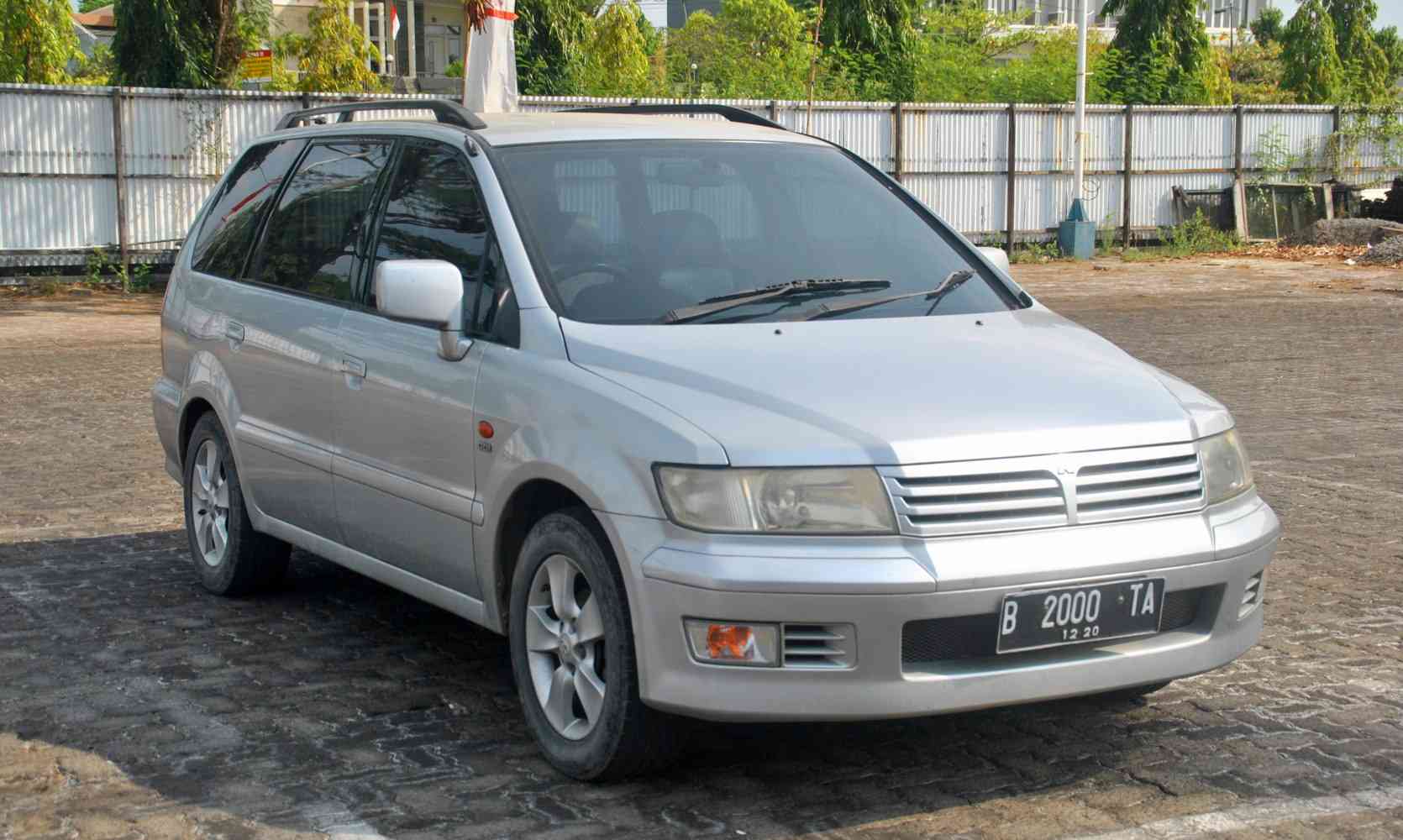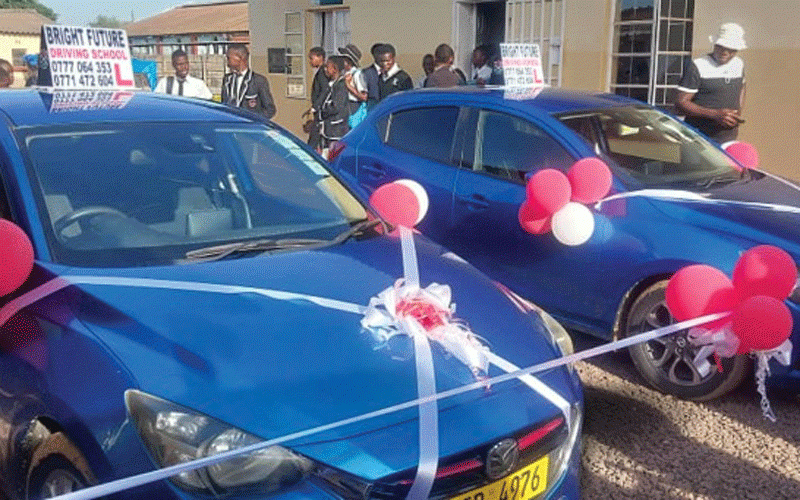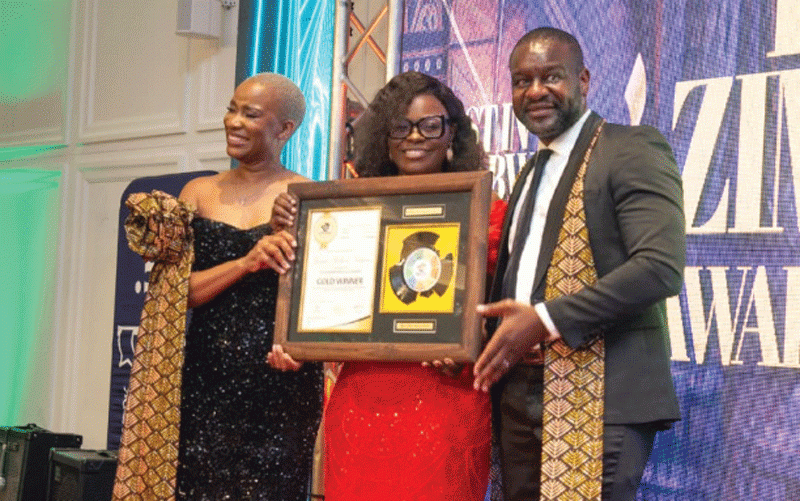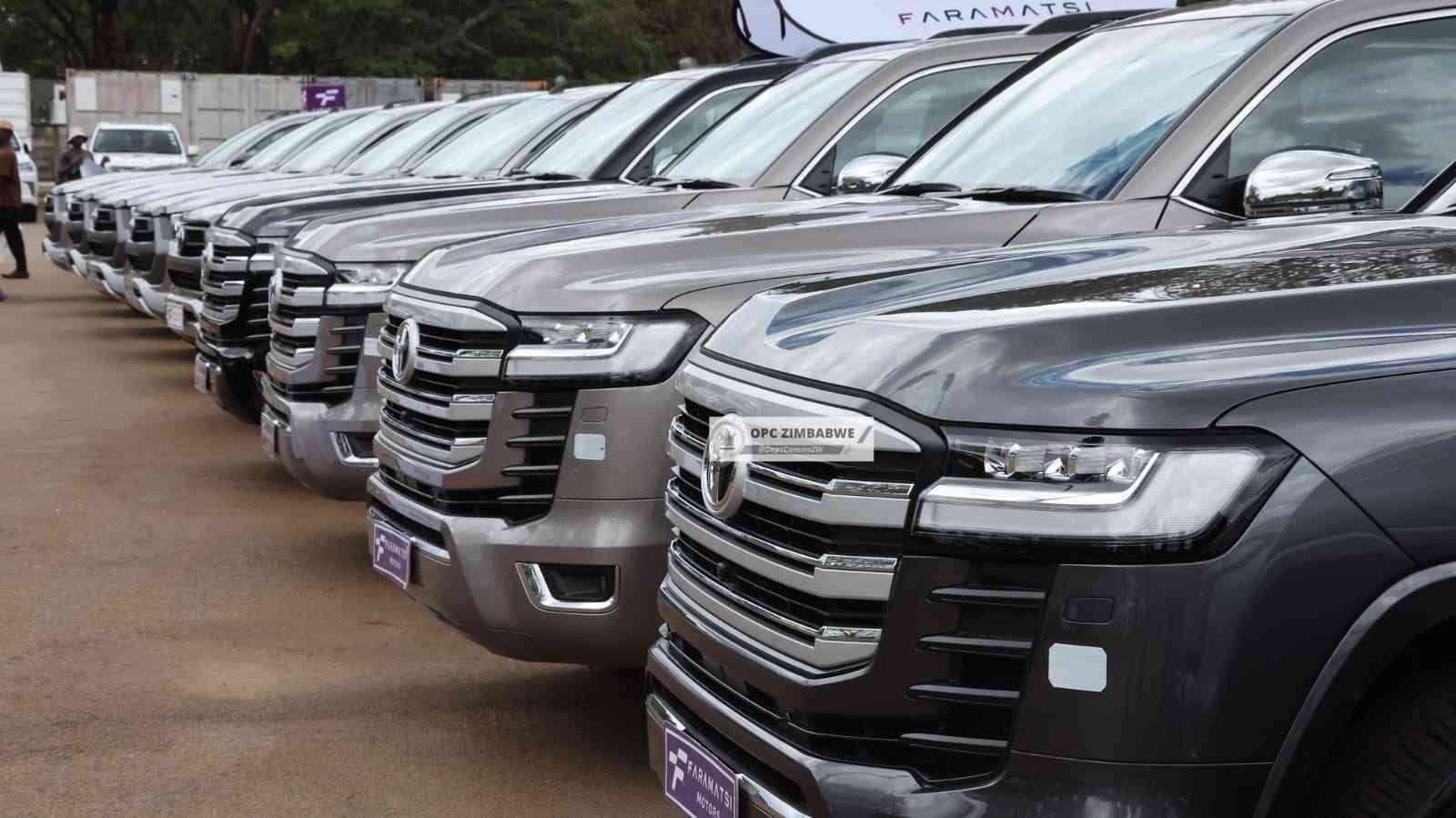
The system of selling or buying a car through a trade-in is one of the fastest way to achieve the sale or the purchase of used cars.
Trading-in your car means that you use the value of your existing car as a down payment and top up some amount to purchase the next one.
I know for certain that the dealers in this industry are more knowledgeable about the intricacies of creating an advantage to themselves while the customers who come with interest to do a trade-in their cars have limited understanding.
I, therefore, want to share my expert knowledge to both the dealers and customers about trading-in cars and equip you for a fair transaction experience.
What impacts a trade-in?
The are several factors that determines the viability of a trade-in including the following;
The trade-in initiator – every trade-in transaction is initiated by one part to trigger the negotiations. Unfortunately, from my experience the party that initiates it always becomes the vulnerable to become the weaker party in the transaction
The type of vehicle being offered as a trade-in – In this business there are car models that are always in demand and those that are not. So if one is offering a popular car model as a trade-in car then the interest anyone is always very high because they know they will dispose of it very quickly. But if the car model is not popular the interest becomes low and the dealer will call the shots in this case
- Byo police descend on money changers
- The poultry value web in Zim
- Harare youths on mission to smoke out drug cartels
- ADMA agric show roars to life
Keep Reading
Whether the car is a commercial or private car – When you go to the dealers with a commercial vehicle like a pickup, a truck, a van or a bus in good condition then the interest from the dealers is also very high because the demand for commercial vehicles is always high
The condition of your car – good condition cars perhaps with a service history will attract the interest of the dealers or customers because a good car sells itself with little or no effort
Cars with low resale value – If you are offering car models with low resale value in the market such as BMW, Audi, VW, Mitsubishi, Volvo among others, it automatically means that no one will be interested to accept them as a trade-in car unless you are the one accepting them in the transaction
Existing loan balances – Having a loan balance on your car from a Micro Finance or Loan Shark or a Bank will put you at a disadvantage of negotiating a fair value or cash top up amount. It is advisable that you first clear the balance and engage in negotiations.
Traditionally trading-in cars offers the quickest means for someone to upgrade their car from driving a small car to a bigger family car or to a more luxurious one. Optionally one may also use trade-in to downsize from a high fuel consumption car to a smaller engine fuel saver. In business time of essence and trade-in offers that convenience. If you do not want to trade-in it means you have to take the longer route of selling your first and then look for the alternative which may bring the inconvenience of having to stay some days without a car. However, there are some pros and cons mostly to the customers which we have to look at as below;
The pros;
Its quicker to upgrade or downsize your car
It is convenient as you will drop the one you are driving and drive out with a new car which doesn’t leave you without a car
It helps you to avoid using the cash for other pressing issues like in the case where you have to sell the car first and receive the full payment
The cons;
You have no strong bargaining power in the transaction particularly if you have a European car model that has a low resale value
You have little room to negotiate if you a private car while being interested in a commercial vehicle
Bad condition and accident damaged cars have a small chance of being accepted in a trade-in
High fuel consumption cars will require a big cash top up since they are slow movers
Lack of knowledge on the correct market value exposes you to top up more money than necessary
The essence of doing business is to make profits. But l am concerned at the behavior of many dealers when it comes to trade-ins!
They are so crude, grossly unfair and greedy in their trade-in negotiations. I know that many customers end up refusing to accept the deals because of unfair valuations by majority of the dealers.
The situation is so bad that the dealers’ offers are always tabled on a take it or leave it basis. So my advice to the dealers is that they have to make good profits YES, but should be based on fair trading terms.
The more trade-ins you do the more customers you will get and the game of turnover kicks in instead of big margins on few transactions.
When should you trade in your vehicle?
There is no right timing to trade-in your car. Anytime is tea time to do this. However, there are certain situations that influences trade-in as one of the best options to achieve your objective such as the below situations;
If you are selling unpopular car model with no one responding to your adverts
If you selling your car while abroad and you fear that the money may be used by your next of kin and you fail to achieve the ultimate objective
If you are a very busy person who has no time to sell first and look for another car
It is important to note that a trade-in is a normal car purchase that requires the normal process of verifying the car documents and Police clearance first before concluding the deal. Do not be in a rush to sign the agreement of sale before that is cleared first.
So ultimately there is no single winner in a trade-in because both parties win at the conclusion of the deal.
The biggest asset that the car owner can do is to maintain their car well as a trade-in bargaining weapon.
You can go for the trade-in negotiations with someone who understands the market values of cars as a strategy to counter the bullish approach of some dealers.
Stanley Makombe has 25 years of experience in the motor industry, currently handling vehicle imports from Japan, Thailand, the UK, and South Africa into African countries. He is writing in his capacity and can be contacted on +254 743 900 590, on X @Stan_Carsales, email: [email protected], www.stanleymakombe.com











